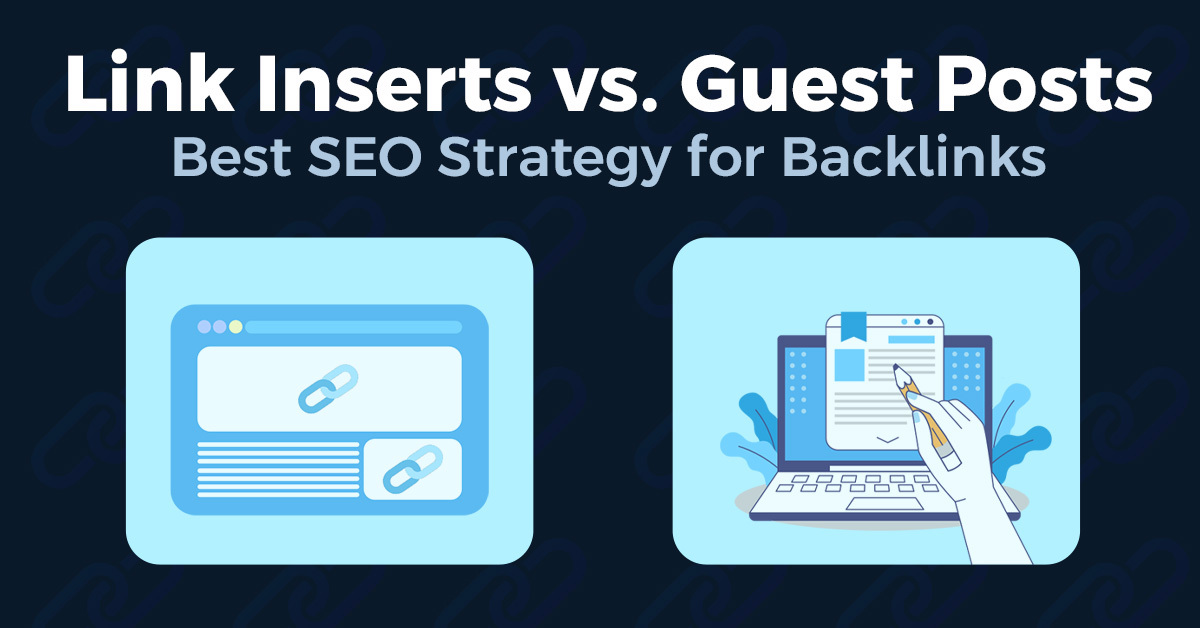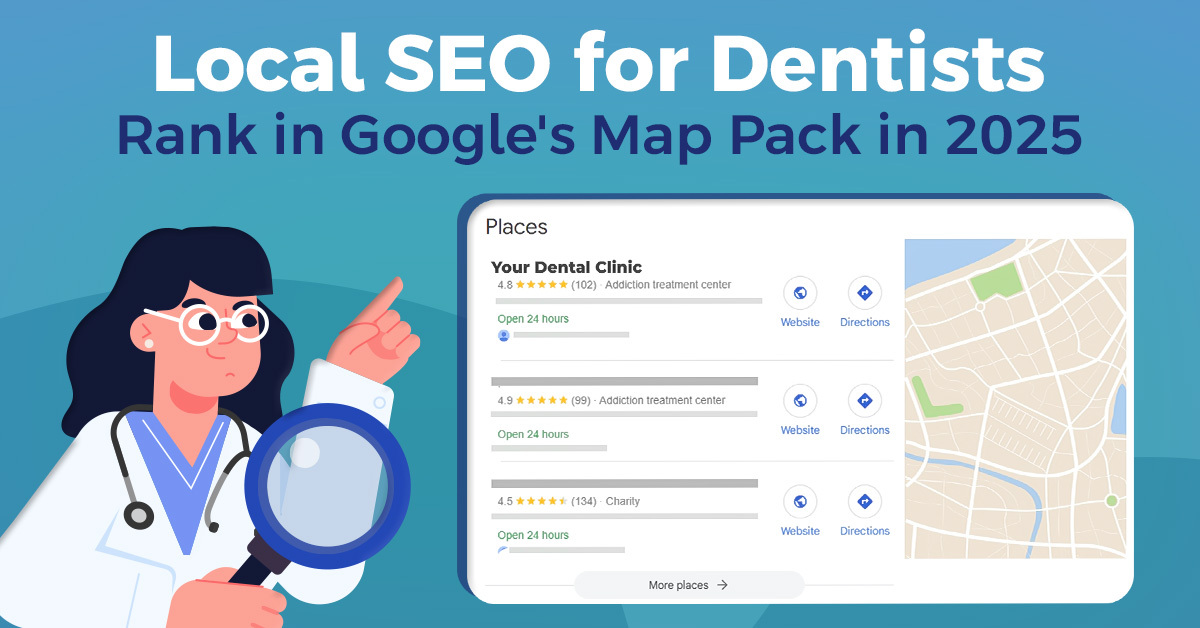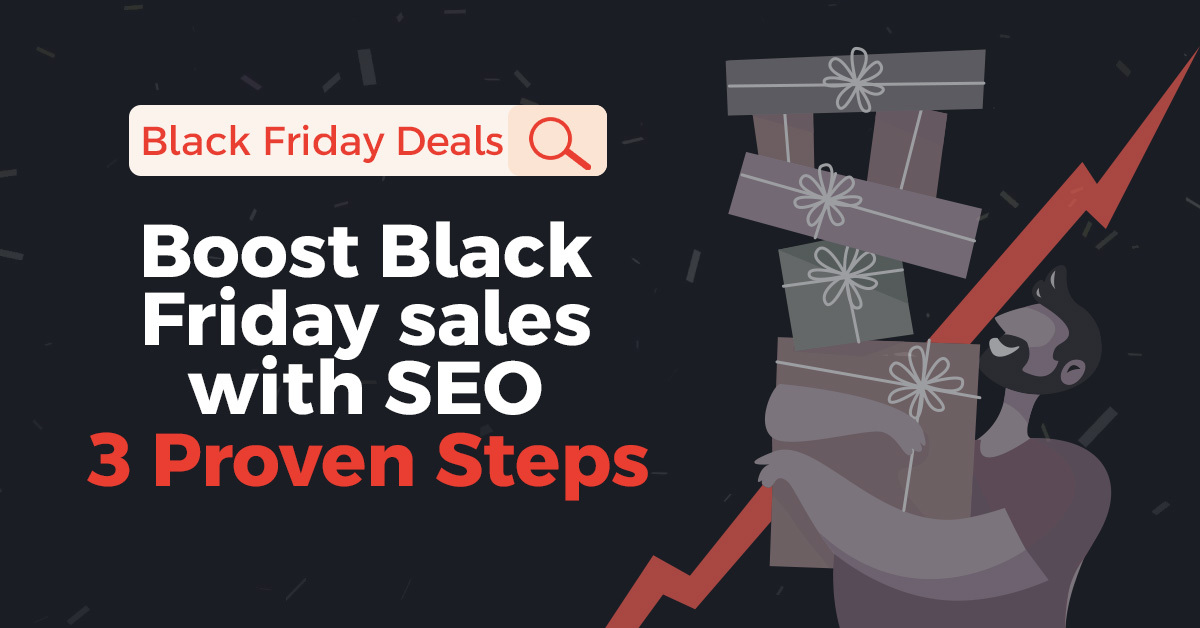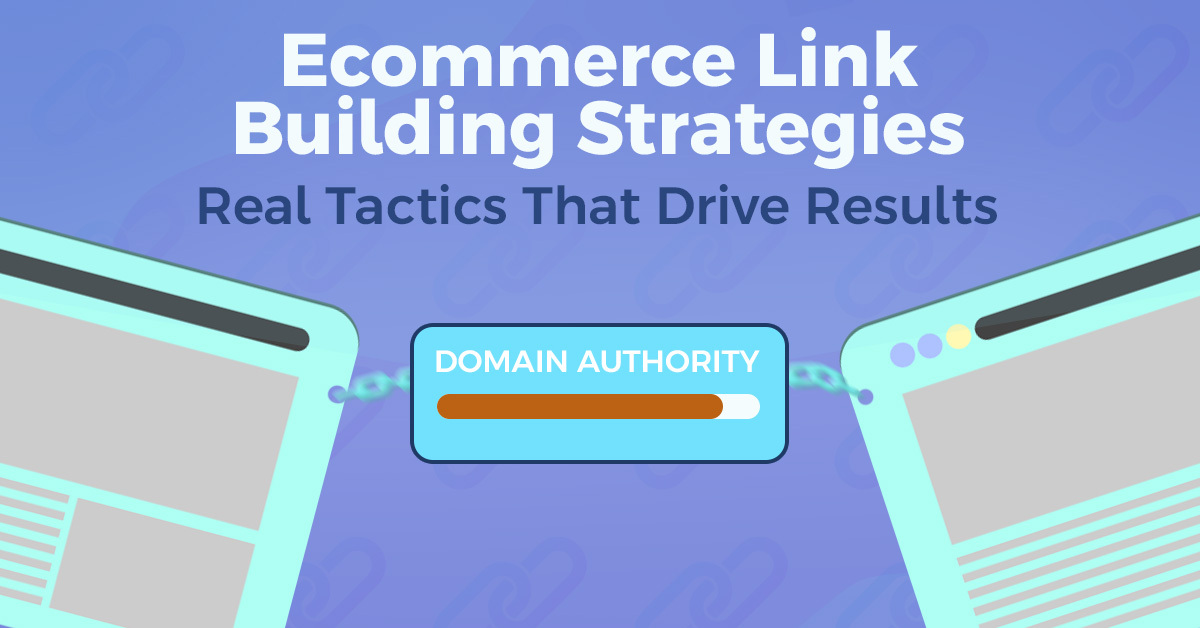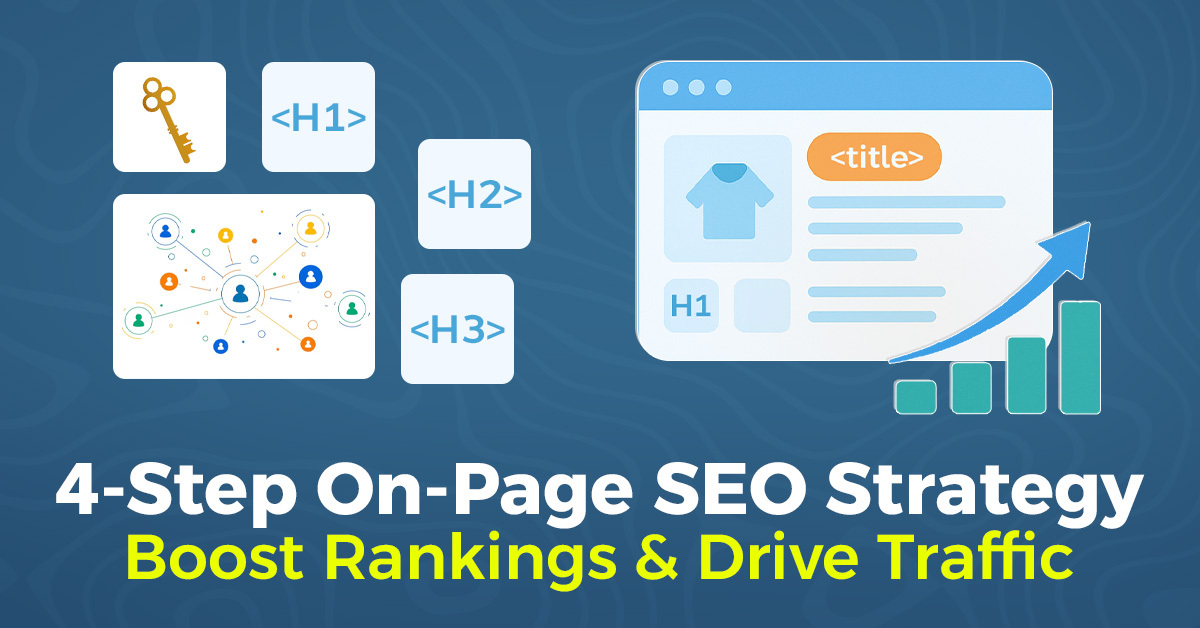Share on:
Link building for ecommerce is often presented as complex and confusing—especially by SEO influencers and content-heavy guides. But in reality, the process is far simpler when you focus on what actually works. In this post, we’ll demystify ecommerce link building using insights from a seasoned SEO expert who’s spent seven years testing everything from white-hat tactics to black-hat experiments.
Whether you’re a business owner or marketing pro, this guide will give you clear, actionable strategies to grow your organic traffic and authority.
Why Ecommerce Link Building Is Overcomplicated
If you’ve ever found yourself overwhelmed by long lists of 20+ strategies or endless theories from SEO influencers like Brian Dean, you’re not alone. These overengineered approaches can distract from what really matters: providing value in exchange for links.
Most guides fail to explain one crucial truth—link building is a value exchange. You’re asking site owners for something valuable, and they’ll only say yes if there’s a clear benefit.
Let’s break down the real strategies that consistently work for ecommerce brands.
The Foundation: Content Marketing Still Matters
Before you invest time or money into link building, make sure your content marketing engine is running.
Content Marketing Goals
- Build natural backlinks through useful, high-quality content
- Earn passive brand mentions via blog posts, infographics, or statistics-based articles
- Share across social media to boost visibility and brand awareness
⚠️ Note: Outreach-based linkable asset campaigns (like infographics sent to bloggers) are usually low-yield and unpredictable, unless you have a truly exceptional piece of content.
What Works:
- Infographics and data-driven content
- Blog posts that rank for commonly cited stats (e.g., “eye health statistics”)
- Social sharing to earn backlinks organically
While these efforts won’t produce a consistent volume of links on their own, they’re essential for long-term domain authority.
Real Link Building = Value Exchange
Once your content is solid, you’re ready for true link building—which means proactively reaching out to earn links. Here’s the key insight: links are the currency of the internet. You’re asking site owners for something valuable, so you must offer value in return.
Let’s dive into the top strategies that do just that.
1. Buy Links (Yes, It Still Works)
Despite being against Google’s guidelines, buying links is widely practiced—even by major publishers.
Why It Works:
- Direct value exchange
- Predictable results
- Scalable with the right vetting process
📝 Example: Forbes openly sells link placement via contributor memberships ($3,000+), and their links absolutely influence rankings.
Best Practices:
- Vet websites carefully (avoid “bad neighborhoods”)
- Focus on high-quality, relevant domains
- Avoid spammy link sellers or obvious paid guest post farms
2. Offer Product Reviews Instead of Cash
If your ecommerce product is reviewable, you can send it to influencers, bloggers, or YouTubers in exchange for a backlink.
Why It Works:
- Less taboo than paying cash
- Often costs less than a paid link
- Creates authentic, user-generated content
💡 Example: Offering a $60 product in exchange for a link might land you a backlink worth $500–$1,000 in SEO value.
Who to Reach:
- Niche bloggers in your industry
- YouTubers reviewing products in your category
- Instagram or TikTok creators with blogs
3. Be an Expert Contributor
Guest posting still works—if you’re an actual expert. With the rise of AI content, most site owners ignore low-effort guest post pitches. To stand out:
What Works Now:
- Outreach from a real expert with credibility (YouTube channel, personal brand)
- Personalized video messages or expert quotes
- High-quality writing on niche topics
Best Use Case:
Industry-specific blogs that care about E-E-A-T (Experience, Expertise, Authoritativeness, and Trust), such as agencies like Patrick Rice Co., where expertise and authority are central to effective link-building campaigns.
4. Creative Content-Based Exchanges
If your product or service isn’t reviewable, you can still provide value by offering custom content:
- Infographics tailored to a publisher’s article
- Videos or tutorials they can embed
- Free tools or calculators
These value-adds help site owners enhance their content, giving them a reason to link to you.
Key Takeaways
- Stop overcomplicating link building. Focus on value, not vanity strategies.
- Content marketing is your foundation—but don’t rely solely on linkable assets.
- Buying links works when done carefully with proper vetting.
- Product reviews are a cost-effective way to get premium backlinks.
- Guest posts still work if you’re a real expert offering genuine insight.
Link Building With Purpose
There’s no one-size-fits-all approach to ecommerce link building—but there are proven frameworks that consistently drive results. Focus on creating a value exchange, whether through money, product, or expertise.
If you’re ready to scale your ecommerce SEO with link building strategies that actually work, let’s talk.
👉 Book a strategy call or contact us to learn how we can help grow your traffic, brand, and bottom line.
The Ultimate List of SEO Experts to Invite to Your Conference in 2026
Link Inserts vs. Guest Posts: Best SEO Strategy for Backlinks
How to Rank Your Dental Practice on Google in 2025: Local SEO Breakdown
How to 10X Your Black Friday Sales with SEO: A Proven 3-Step Strategy
Ecommerce Link Building: Simplified, Strategic, and Results-Driven
How to Master On-Page SEO: A Simple 4-Step Framework for Higher Rankings

